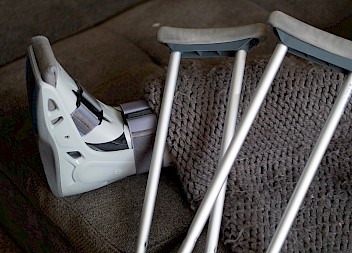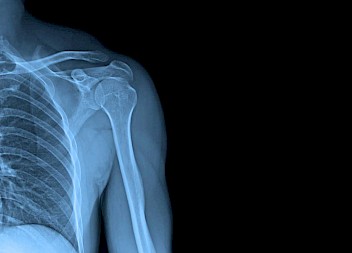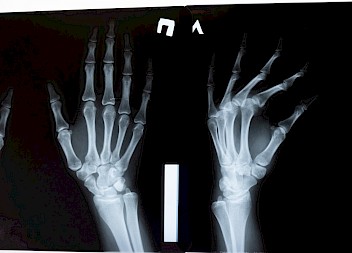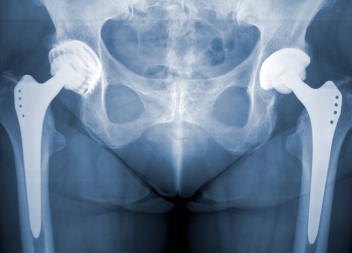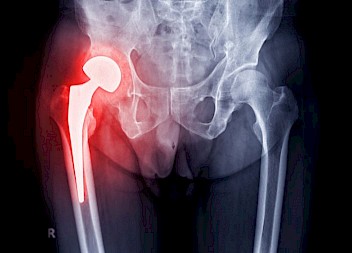Chartered Legal Executive, Matthew Brown, acted for our client, a 46-year-old male who received £229,506.22 compensation for a failure to diagnose a ruptured Achilles tendon to his right ankle in December 2013. As a consequence, he underwent reconstructive surgery including muscle and skin grafts. His mental health was affected significantly. He would require therapy to come to terms with his injuries and his prognosis remained guarded.
Nearly £300,000 for Our 46-year-old Client Who Suffered a Delayed Diagnosis of Achilles Tendon Rupture
Our client (“C”) was aged 40 at the time of events. He cracked his ankle whilst playing football and also injured his left cheek. The following day he attended Accident and Emergency at the defendant hospital complaining of ankle and facial pain. A doctor carried out a brief examination, focusing on his facial injury rather than his ankle, reassured him he was okay and discharged him home.
He continued to have problems with his left ankle and so attended upon his GP in mid-January 2014. His GP diagnosed a musculoskeletal problem, prescribed him Naproxen and advised him to do gentle exercises. He returned to his GP 10 days later still complaining of pain and so his GP referred him to orthopaedics.
When he was assessed by the orthopaedics he was diagnosed as suffering a ruptured Achilles tendon. His ankle was put in an equinus cast. He was advised he would need surgery and was warned that there was a small risk of wound infection.
The claimant underwent Achilles tendon reconstruction surgery in mid-February 2014 and thereafter his foot was placed in a non-weight-bearing cast. Shortly thereafter, his wound started to break down. By early March it was 2 to 3 cm dehisced. His Achilles tendon was still noted to be intact. By mid - March he was given a walker boot with heel wedge in order to start fully weight-bearing. He had been referred to plastic surgeons who recommended that his wound be treated conservatively. Unfortunately, the wound did not heal and only progressed further. In April 2014 he had to undergo a free gracilis muscle graft to the Achilles tendon wound as well as a split skin graft. He returned to theatre the following day for further revision surgery.
By August 2014 his wound appeared to have healed and he was able to use silicone dressings. At this point he was referred for physiotherapy treatment. By October 2014 he was advised to continue undergoing scar therapy. He was also referred to Occupational Therapy to be prescribed compression garments and silicone dressings. Due to the extensive scarring, he continued to have significant functional problems with his right ankle. This was likely to remain permanent.
He found it very difficult to come to terms with this loss of function of his ankle and it was recommended that he undergo therapy. Although it was felt that he may never come to terms with his injury. Pre-injury he had been described as a unusual and vulnerable individual.
The claimant brought his claim alleging that there was a failure to diagnose the ruptured Achilles tendon. The defendant admitted breach of duty but denied that failure to diagnose the rupture, affected the outcome of his treatment.
The claimant argued, on balance, that if his rupture had been diagnosed earlier, he would have opted for conservative treatment, avoided surgery and the resulting scarring and psychiatric injury.
Mediation was attempted in May 2019, without success. Following mediation, the defendant made an offer of £212,000. The claimant countered £275,000 excluding repayment of state benefits. The case ultimately settled for the sum of £229,506.22 which was inclusive of state benefits he had been paid during the period up to settlement.
The case settled without any particular breakdown of compensation. It was estimated the compensation awarded for his pain and suffering and loss of amenity was £40,801.10.


